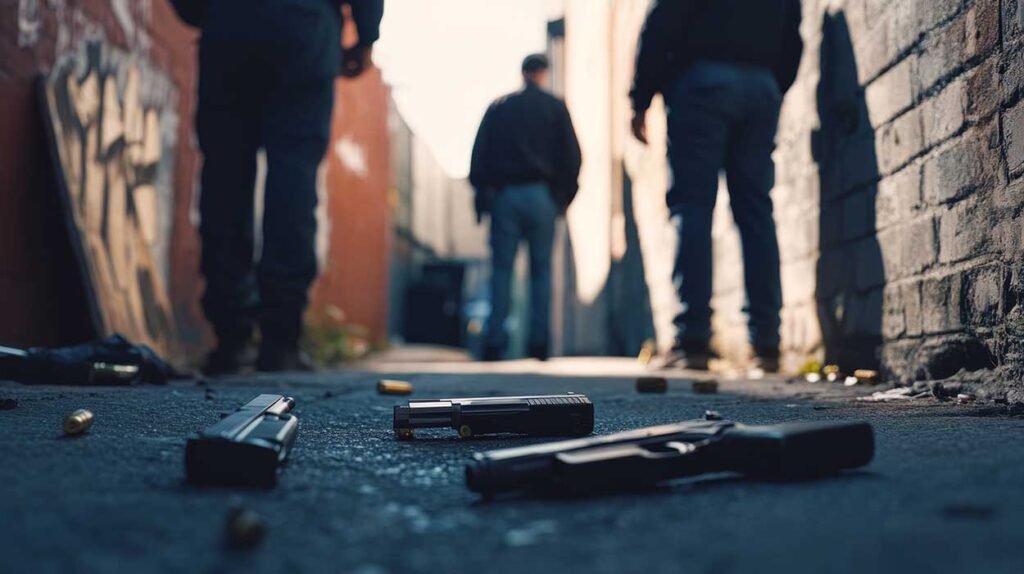Early this year, people in Tijuana started showing up at community centers with guns wrapped in towels, plastic bags, and old shoeboxes. They weren’t there to get in trouble. They were there to get paid.
It’s part of a national campaign called Sí al Desarme, Sí a la Paz, which roughly translates to “Yes to Disarmament, Yes to Peace.” The idea is simple. You hand in your firearm anonymously, no questions asked, and walk away with cash. How much cash depends on what you turn in. A revolver might earn around 8,000 pesos, while something heavier, like an assault rifle, can reach 25,000 pesos.
In Tijuana, the results surprised even the organizers. By mid-October, locals had surrendered 113 guns and over 100,000 rounds of ammunition. Some were pistols, some were long rifles, and a few were the kind of weapons you wouldn’t expect to find outside a military base. The program cost the government about two million pesos, but the payoff is harder to measure. Each gun turned in is one less that can accidentally kill someone at home or end up used in a street crime.
Officials here aren’t naïve. They know most of the people handing over weapons aren’t cartel members. The guns often come from families cleaning out a closet, widows who inherited something they never wanted, or folks who just decided they didn’t need that level of “protection” anymore. But even those small gestures matter.
As one security official told me, the buyback effort is less about collecting hardware and more about building trust. In a city where residents have learned to keep their heads down, showing up at a government booth with a gun in hand takes courage. It means believing, at least for a moment, that peace is possible.
Of course, there are limits. Most of the surrendered weapons are old or cheap, not the shiny assault rifles used in organized crime. The math doesn’t favor big change overnight. Criminals aren’t going to trade a ten-thousand-dollar weapon for a thousand bucks. But for the average citizen, this program offers something else: a sense of participation, a small way to reclaim control over a city that too often feels out of control.
When I visited one of the drop-off sites, there wasn’t much ceremony. People arrived quietly, waited in line, handed their weapons to a uniformed officer, and watched them disappear into a locked container. Some smiled nervously, others avoided eye contact. A few even brought their kids, perhaps wanting to show them what doing the right thing looks like.
Tijuana has seen plenty of government programs come and go, but this one feels different because it’s personal. It’s not about speeches or ribbon cuttings. It’s about a man who finds an old gun in his garage and decides he doesn’t want it around anymore. It’s about a mother who’d rather trade her late husband’s rifle for grocery money. It’s about small acts that, together, form a quiet resistance against the idea that violence is normal here.
Nobody’s pretending that paying people for guns will end the bloodshed in Baja California. But sometimes progress doesn’t roar; it whispers. And in a city like Tijuana, even whispers of peace are worth listening to.



